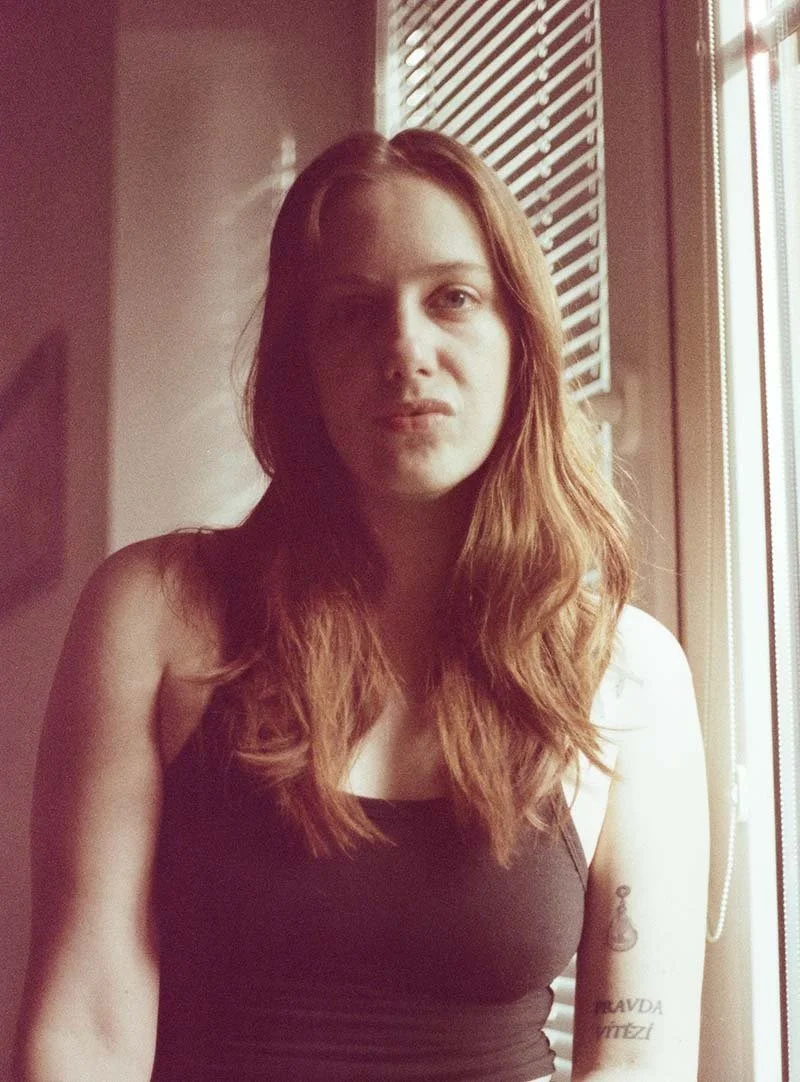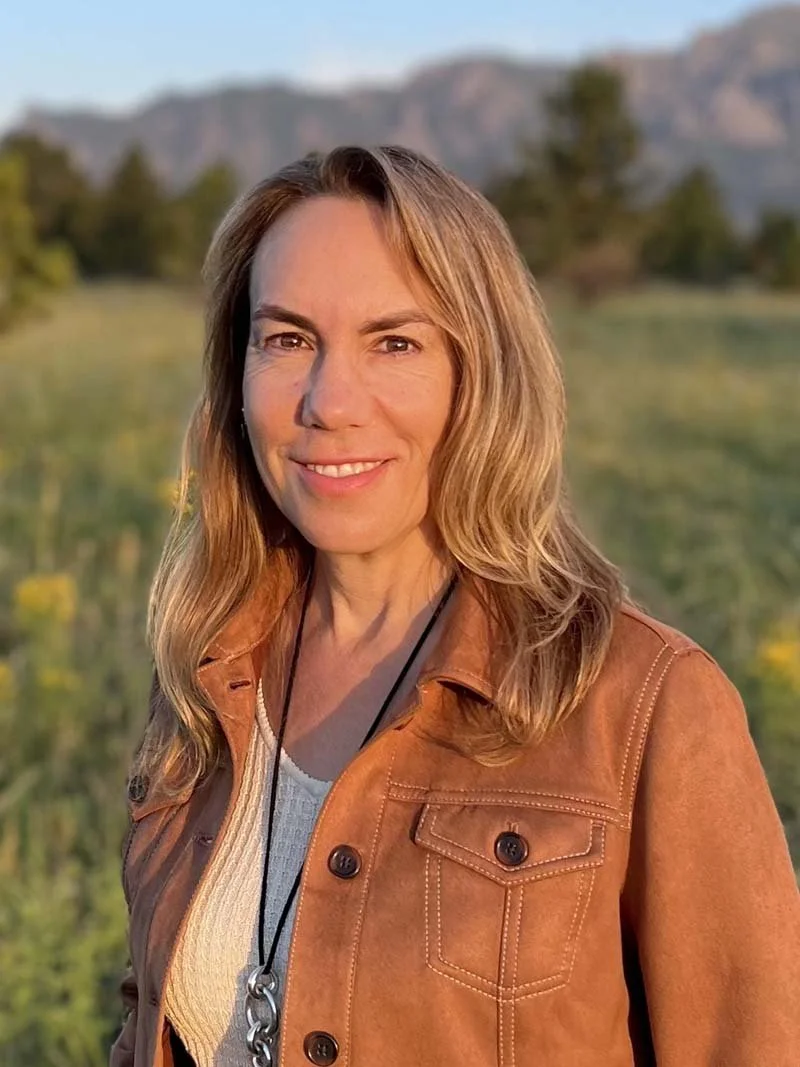Aiden Hunt is a neurodivergent and disabled writer, editor, poet and literary critic based in the Philadelphia, PA suburbs. He is the editor and creator of the Philly Poetry Chapbook Review, an online literary magazine dedicated to poetry chapbooks. His literary criticism on contemporary poetry collections has been published in The Adroit Journal, Jacket2, Another Chicago Magazine, Tupelo Quarterly, On the Seawall, The Rumpus, and Fugue, among others. Aiden is proud to be a member of the creative community surrounding the University of Pennsylvania’s Kelly Writers House. In addition to volunteering as a Community Teaching Assistant for ModPo— a free-to-all massive open online course on Modern & Contemporary American Poetry— he led an online book discussion group for KWH in February 2025 and has been invited to do so again. Between 2013 and 2023, Aiden practiced independent and freelance journalism. He created and ran Profiles in Legalization, a cannabis policy news site, and the activist Cannabis Salvation Blog. @aiden_hunt_poetry
In what ways did your upbringing in the suburbs of Philadelphia lay the groundwork for your creative life? I was born in a small town in Northeast Pennsylvania. When I was two, we moved to the outer suburbs of Philadelphia, PA, where I’ve lived for most of the intervening forty-one years. The availability of culture and diversity definitely influenced me. I was able to drive down to the Free Library of Philadelphia after work in my early twenties to see great writers like Toni Morrison, Jhumpa Lahiri, and T.C. Boyle, among others. Being close enough to New York City for day trips also allowed me to indulge my love of theater and see great productions with talented actors on and off Broadway.
How did reading shape your childhood? And do any childhood books still linger in your imagination? I was a bit of a reluctant reader as a young child, but fell in love with reading and writing by my teens. Though I haven’t read a fantasy novel since my teens, it was the Dragonlance series that first drew me in. I’ve always had a very active imagination (and a penchant for daydreaming), so when I realized that all I needed was my vocabulary and word processor to create worlds, I was hooked. I wanted to create realities like the writers that I admired.
When you're focused on writing, how does your day usually unfold?
I do some writing, editing, or submission reading for the poetry journal that I run every day. When I’m reviewing a book, I read through it once, highlighting lines that strike me as meaningful and noting allusions and observations directly on the page. During the second reading, I highlight quotable lines in a different color and note how the book works as a whole. I start review-essays (and all non-fiction) with an outline, building up the sections by adding the useful quotes and notes, then arrange it all to read smoothly. After that, I just keep reading the piece, making edits when something bothers me, until I can get from start to finish without stopping. That last part is also how I edit other people’s work before publishing; helping the piece to flow better while maintaining the author’s intent as much as possible.
Tell us about the creative process behind Philly Chapbook Review or your current writing project. While I’m an independent literary critic, my main project is the Philly Chapbook Review, an online poetry journal and niche review of books. I founded it after an energizing online poetry course in 2023 and serve as the sole editor and staff member. My process has been to immerse myself in the world of contemporary poetry and criticism, using the skills I gained as a freelance policy journalist to learn and share my love. I don’t keep a regular schedule because of chronic health problems. Instead, I take advantage of the times I feel inspired or energized to get as much as I can done before I tire out. Luckily, literary magazines move at a more leisurely pace than news sources.
Upload a Photo(s) of Yourself, Your Handwritten Notebooks, Your Books, Manuscript Pages, Your Writing Desk, etc. Aiden-Hunt-Author-pic.jpg
Do you keep a journal or notebook? Not really.
How important is background research in the kind of writing you do? Research has been key to my writing, first as a journalist and now as a critic. I’ve been an internet person since I was a teenager, so I learned to find credible information online. It led me to write about medical cannabis policy as a freelance journalist. Now, when I write a review, I think of it as writing a profile on the book. I gather quotes and research topics in the same way. I thought when I was younger that I would be a novelist or short story writer, but I found that I really enjoy researching a subject and then writing about it for other people. It keeps me interested to always be learning new things.
If you could spend an evening talking with any writer, who would you choose and why? Three modern writers whose prose fiction I’ve read the most, and have great respect for as writers, are Louise Erdrich, Toni Morrison, and Philip Roth. If I had to pick, I’d probably say Louise.
How does art, music, or film seep into your writing process? I’ve loved theater from a young age, both musical and dramatic, because my sister was a community theater star and always singing. I’ve attended dozens of plays on and off Broadway, in Philadelphia, and once in London’s West End. Theater, television, and movies are all strong influences. I enjoy listening to music. I also enjoy the study of history, which has definitely affected my work.
AI and technology are changing the ways we write and receive stories. What are your hopes or concerns about the role of AI in creative expression? As a writer, how do you think we should respond to the rise of machine-generated content? While AI is undoubtedly changing things, just as technological innovations have in the past, when it comes to art it always seems to be human nature to which we respond. We feel understood or we understand through our connection with the work of other people. AI may be able to do an imitation of human writing, but it will never be able to innovate the same way because it cannot feel. Writing has always been my way of expressing myself to other people. I’ve never been interested in talking to computers.
Exploring literature, the arts, and the creative process connects me to… the literary community. As a disabled person, it’s important for me to feel like my life has some purpose to it other than quotidian inanity. The arts and humanities are that purpose for me. After years of being unable to work and being unhappy, I decided to read my way to a literary education, even though I never graduated high school. It isn’t exactly like I imagined as a child, but I’m living my dream of contributing to the artistic landscape with my writing.
Can you share a few recent reads that made an impact on you? What books do you find yourself returning to again and again? Among my favorites are: novels by Fyodor Doestoevsky (I’ve read them all, including four different translations of Demons/The Possessed), E.L. Doctorow, Philip Roth, Louise Erdrich and Toni Morrison; nonfiction by Anne Applebaum, Adam Hochschild, Finton O’Toole and Steve Coll, the plays and screenplays of Martin MacDonagh, along with Shakespeare’s histories and tragedies; poetry by Evie Shockley, Daniel Borzutzky, William Butler Yeats and Rae Armantrout; and short stories by T.C. Boyle, George Saunders, Tobias Wolff, Jhumpa Lahiri, among many others.
A few books I’ve recently enjoyed are The Infernal Machine: A True Story of Dynamite, Terror, and the Rise of the Modern Detective by Steven Johnson, The Black Box: Writing the Race by Henry Louis Gates, Jr., and Dan Jones’ recent biography, Henry V.















































































